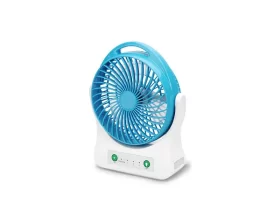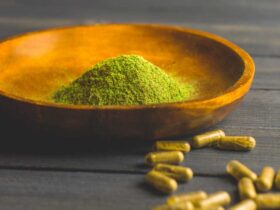Alternative Title- How CBD Causes Stimulation
It is a common observation that heavy consumption of an alcoholic drink initially causes stimulation but afterwards causes sedation. This is due to the biphasic effect of alcohol. The classification of alcohol is as a depressant when it reaches a certain threshold amount in the body. However, before this amount is reached, alcohol acts as a stimulant.
Every person has a unique biological system and a unique threshold point where this sedative effect kicks in. Hence, some people are lightweights’, feeling sedated and drunk after only one or two drinks. In contrast, some people can drink endlessly.
Cannabidiol (CBD) is a substance that is also categorized as a biphasic. This certainly has an effect on the way in which one’s body reacts to varying doses. Therefore, one must consider the biphasic effects of CBD before consuming them. In reasonable doses, CBD can as a beneficial stimulant. As such, you must go for CBD supplements for a better lifestyle.

Understanding the Biphasic Effect
Biphasic simply means the involvement of two systems or phases. These two phases or systems are in operation at the same time.
A good example can be that of water at boiling point. Water in such a state is a biphasic matter.
When ingesting CBD, coffee, alcohol, biphasic refers to the body’s dose-response relationship. With alcohol, each phase has its own dose-response relationship that that tends to overlap with each other. When the dose reaches the threshold amount for a particular individual, the relevant response takes place. Similar is the case with CBD consumption.
The threshold point for alcohol’s stimulant impact is at a significantly lower blood alcohol concentration than for the sedative effect. As such, people are lifted before a likely crash if they continue to drink. This is because of the threshold for sedation that will happen later on.
How Biphasic Effect Happens for CBD
There are over 110 cannabinoids that affect the human body’s endocannabinoid system in a massive amount of different ways. When consumption takes place in different dosages, the potential for conflicting pathways is apparent.
Some of these effects appear to involve contradictory properties which prove CBD is biphasic in relation to the dosage and these properties. The biphasic effect of CBD is mostly in relation to anxiety and THC. THC can exacerbate anxiety within some types of people.
When dealing with combating both THC and generalised induced anxiety, more amount of dosage is not necessarily better. This is because of a variety of complex biological responses that occur at varying doses. One way of explaining this is that CBD happens to be a very mild stimulant when taken in small quantities. Furthermore, it is a mild sedative at larger quantities. Consequently, an excessive amount of CBD can be less effective in the treatment of anxiety in comparison with a small amount.
CBD Effect on the Brain
CBD indirectly interacts with the Cannabinoid 1 (CB1) and Cannabinoid 2 (CB2) receptors of the brain. CBD is non-psychoactive in nature. Moreover, it can counteract the psychoactive effects of THC. Many individuals use it to attain some benefits of cannabis without experiencing a state of high. Therefore, one must use CBD supplements for a better lifestyle.
Cannabinoid receptors play multiple roles in the body. Some of these roles are pain sensation, regulation of mood, appetite, and memory. CBD can increase the level of naturally-produced cannabinoids in the human body.
Neuroprotective Effect of CBD
The researchers at the University Hospital Puerta de HierroMajadahonda Madrid studied the neuroprotective effects of CBD. For this purpose, researchers made use of newborn piglets as test subjects. Then they reduced the oxygen flow to the brain by 10%. This lack of oxygen is related to excitotoxicity and inflammation.
Excitotoxicity refers to a process in which nerve cells are destroyed and may have a relation to neurodegenerative diseases, such as Alzheimer’s, Parkinson’s, and Multiple Sclerosis.
The researchers made note of the effects of limited oxygen to the brain of piglets. The conclusion was that short-term brain damage has an association with extracerebral benefits.
The research on CBD has been promising enough to ascertain the neuroprotective and therapeutic effects of CBD. It is a good choice for seeking the medicinal benefits of cannabis.











